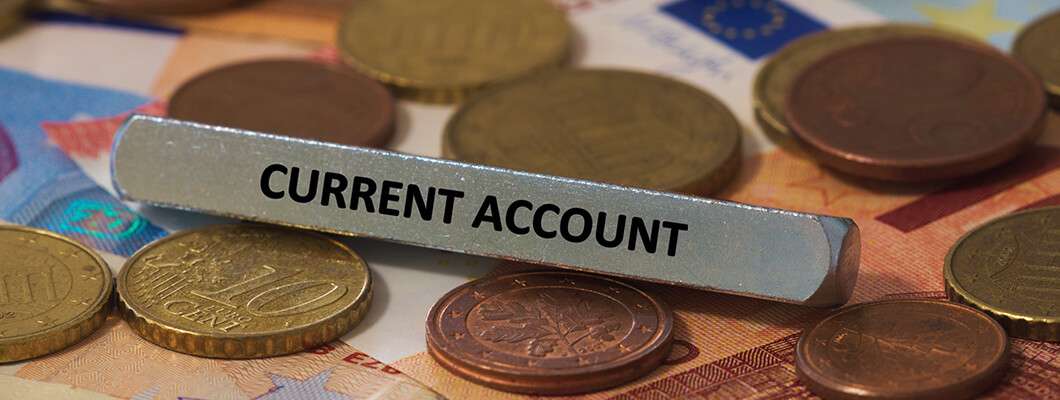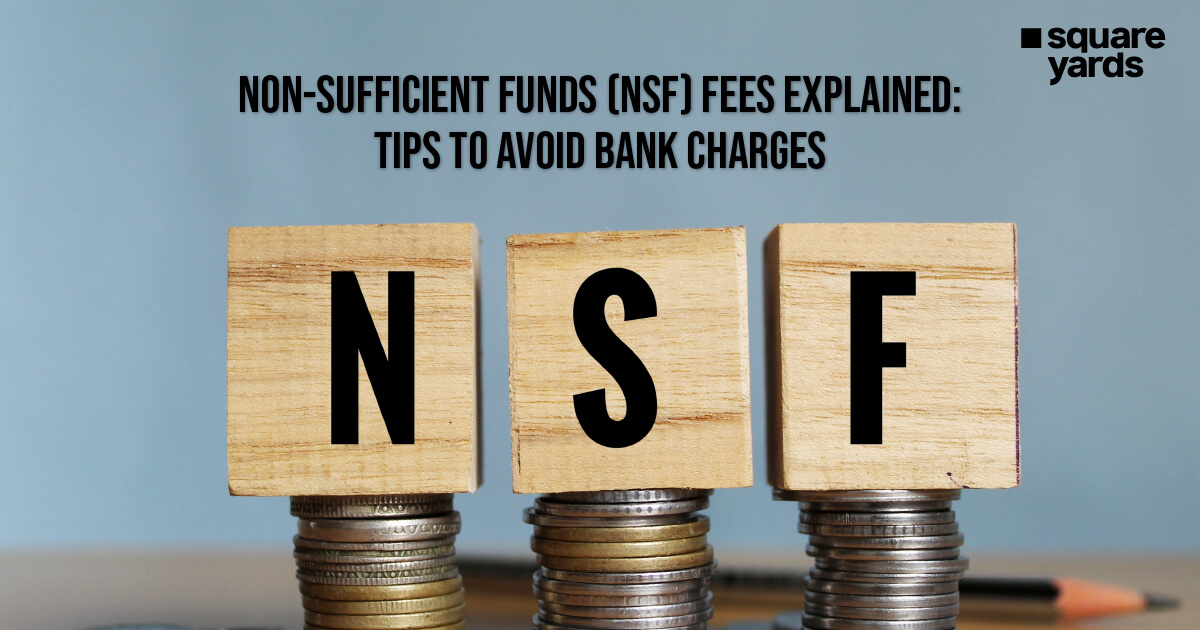First things first, well done on deciding to move to Canada. The place is tempting, and the citizens are friendly. Therefore, we know it’s hard not to get excited about moving to Canada. However, we want you to know that there are a lot of myths floating among newcomers. Particularly about maintaining financial health in Canada. After relocating to Canada to ensure a promising future, it is important to realise how to run your finances. You would come across many pieces of information about financial stability. However, the abundance of information could hold a few myths, particularly credit score myths. For people new to Canada, there’s a lot of wrong information out there about credit score in Canada scale. Let’s bust these myths and show you the real deal about creating a strong credit history in your new home.
8 Myths Related To Credit Score in Canada Scale
-
Myth 1: Credit History Existing from Home Country Counts

Before relocating to Canada, you might have a sound credit history in your country. You may assume that it will transfer to Canada. However, this is not correct. When you come to Canada, your credit history is like a blank slate. Everything you do from now on defines whether your credit score goes up or down. Every country has distinct credit agencies and practices for estimating credit score in Canada scale. As a result, your credit score and history in your country are not transferable to Canada. Therefore, you’ll need to begin your credit history again. You can begin by getting a credit card, loan, line of credit, or mortgage from any financial organisation in Canada. That said, having no credit history is not the same as being at the bottom of the credit score in Canada scale. Once you start paying off your credit card bills, your credit score improves.
-
Myth 2: Savings Accounts Money Counts Towards Credit Score

As a newcomer, you will probably put aside some money in your savings account for future use. However, these funds will have no impact on your credit score. Credit scores are mainly specified on the data displayed in your credit history. This encloses an explicit credit history of credit cards and loans, any outstanding budgets, a line of credit etc. Savings accounts are not included in credit history since no borrowing or debt is connected to them. The same applies to the activities in a savings account. Since such data are part of your credit reports, it does not affect your credit score. However, the money in your savings account can be used to pay the debts, notably when your earnings aren’t sufficient to cover them. Paying off your debt regularly will help improve your credit score on a Canadian scale.
-
Myth 3: Don’t Take Credit Unless Needed – Credit Scores Don’t Matter
If you have limited knowledge of credit, you would only think of taking credit when you need it. However, after coming to Canada, you will realise that credit is essential to the Canadian economy. Therefore, having a good credit history is essential for your financial success as a newcomer. A credit score helps in assessing your creditworthiness. Therefore, building your credit history early will help you qualify for any loan or mortgage at a lower interest rate. You’ll often need a good credit score while applying to rent a home, obtaining a mobile plan, and even for employment.
The easiest and quickest way to build your credit history will be getting a credit card, as credit cards improve your credit score. Start using credit cards to pay for routine purchases. Then pay off the balance each month from your savings account.
-
Myth 4: Based on Income, Credit Score Is Decided
You might think that the higher your income, the higher will be your credit score. In reality, your payment is not included in your credit history. Hence not directly used in the calculation of your credit score. A credit score is made via financial transactions rather than how much money you have. The score is decided based on proof of how you manage finances and repayment. It is influenced by whether monthly bills are paid timely or not. Therefore, thinking that your income will affect your credit score is incorrect. However, your earnings can indirectly impact when you’re applying for new credit products or an increase in your credit limit, as financial institutions usually take your income and credit history into reports.
-
Myth 5: Improve Credit Score by Credit Cards in Multiple Ways
It’s incorrect to think that getting multiple credit cards improves your credit score. Having multiple credit cards can both benefit or harm your credit score based on how you use them. Multiple credit cards give access to a bigger total credit limit. However, your credit score will be defined by how you use that limit if you’re using your credit cards competently and paying all the bills on time and in their entirety. Then having multiple credit cards can be beneficial. However, having several credit cards and spending more than you can repay. This can result in deferred payments and lead to high interest and penalties. Also, credit card defaults dwell on your credit history for up to six years. This can negatively affect your credit score.
-
Myth 6: Getting Your Credit Score Checked Will Lower It

Of all the credit score myths, this one is the most shared. Many newcomers believe that checking credit scores will have a negative impact. However, checking your credit score doesn’t affect it. It helps you track progress when building credit. When you’ve just started building your credit history, it’s important to keep track of your credit score to ensure it’s adequate. This can also help you identify and report errors or instances of fraud. Checking your credit score doesn’t harm it. However, an inquiry by a financial organisation or lender can reduce your score by a few points. Also, when multiple inquiries for the same kind of loan are made within a short period of time, they are typically counted as one.
-
Myth 7: Pay The Minimum Balance On My Credit Cards To Maintain My Good Credit
Another common myth among newcomers is that maintaining a balance on a credit card improves credit scores. This is wrong. It can negatively affect your credit score if practised regularly. If you’re only paying off the minimum balance on your credit card for a particular month, it doesn’t count as missed, so there may not be an immediate effect on your credit score. However, you’ll be levied interest for the remaining balance in the next payment cycle. Credit cards typically have very high-interest rates, and putting off balances can make it tougher for you to pay your debts later. Most financial organisations consider how much you owe compared to the credit you have. Therefore, taking a balance from one month to the next can raise your overall credit utilisation ratio. This can adversely affect your credit score.
-
Myth 8: Credit Score With Every Agency Will Be The Same
Every agency has autonomous scoring standards for the estimation of credit score in Canada scale. Any two agencies might consider identical aspects, like payment history, credit utilisation ratio, duration of credit, etc. However, your score will still differ based on which agency’s report you’re referring to. When a financial organisation inquires about your credit score, they might refer to any report from any agency. Therefore, it’s a good practice to study your credit reports with major agencies to stay up-to-date on your financial situation.
Bottom line
Knowing the above myths about credit score in Canada scale will help you maintain financial stability as a newcomer in Canada. Building a great credit score from the beginning in Canada may seem tough. But by knowing truths and practising healthy financial habits, you can open a new chapter in life without worrying.
You May Also Read :
|
Guide To FHSA in Canada |
|
|
Meaning of Co-Signing a Mortgage |
|
|
How To Block Debit or Credit Card |
|
|
Choose Between TFSA Vs RRSP |
Frequently Asked Questions (FAQs)
According to a survey, 56% of Canadians have never checked their credit score.
According to Equifax, a good Canadian credit score is between 660 to 724.
No, Canadian credit history is not transferable to the United States.
Canadian credit scores range from 300-900, while American scores range from 300-850.
Every country has a unique credit reporting method, so the information isn't shared across borders. What percentage of Canadians have never checked their credit score?
What is a good Canadian credit score?
Does my Canadian credit score transfer to the USA?
Are Canadian and American credit scores different?
Do American banks see Canadian credit scores?











